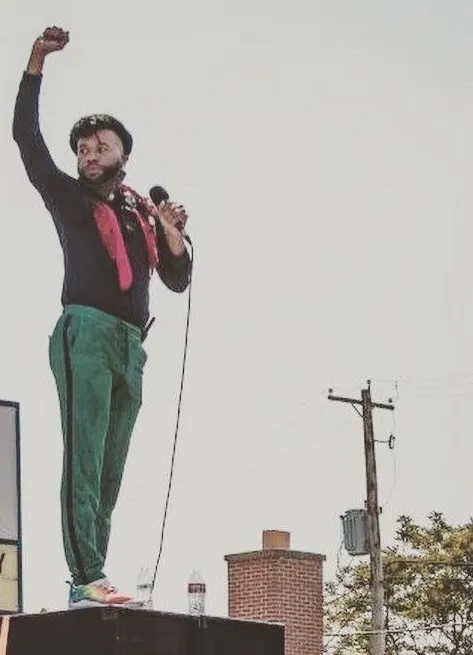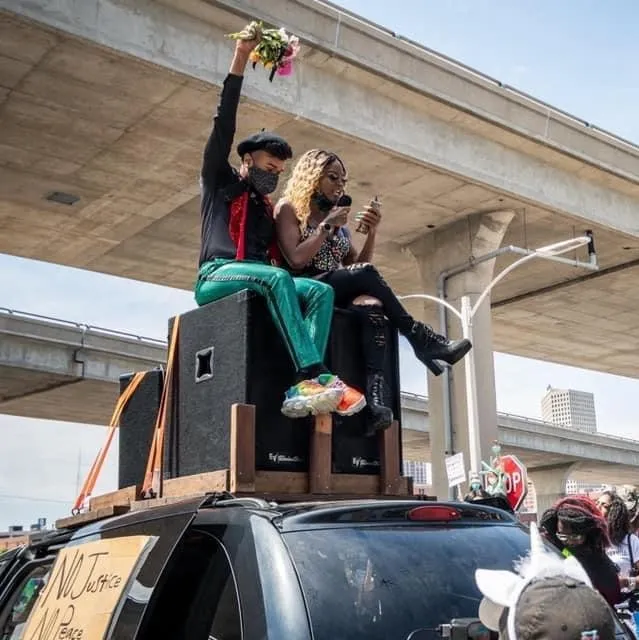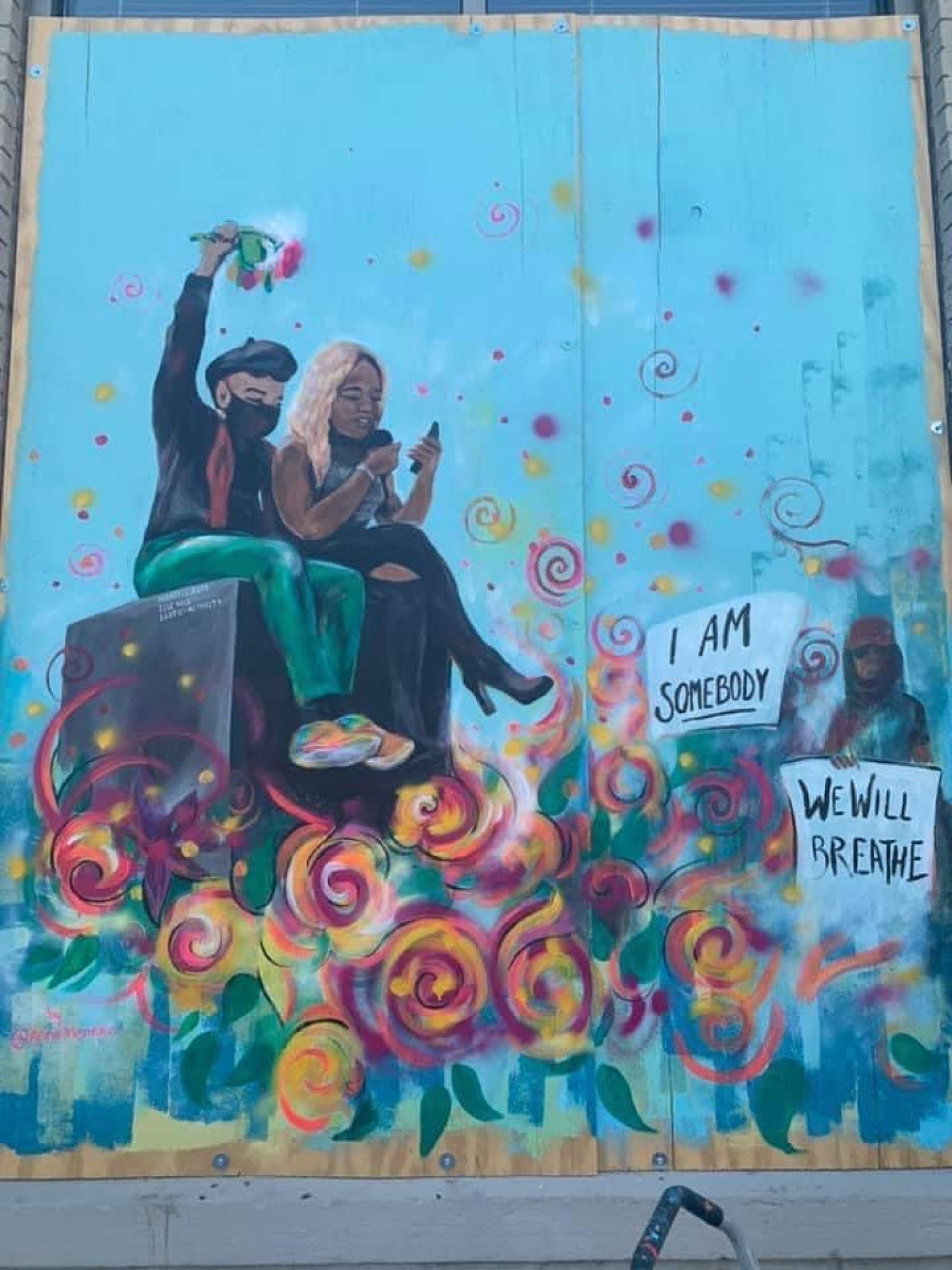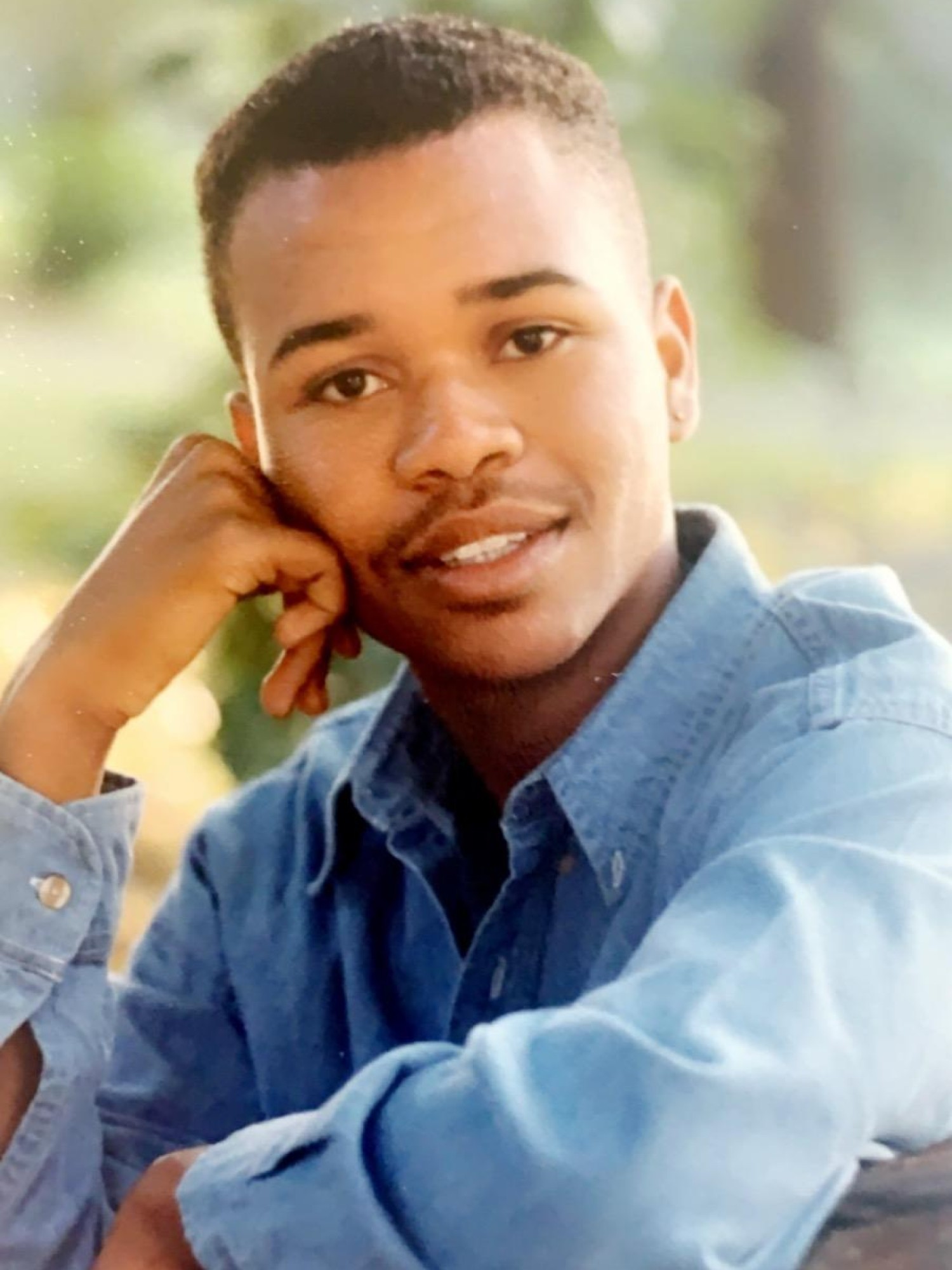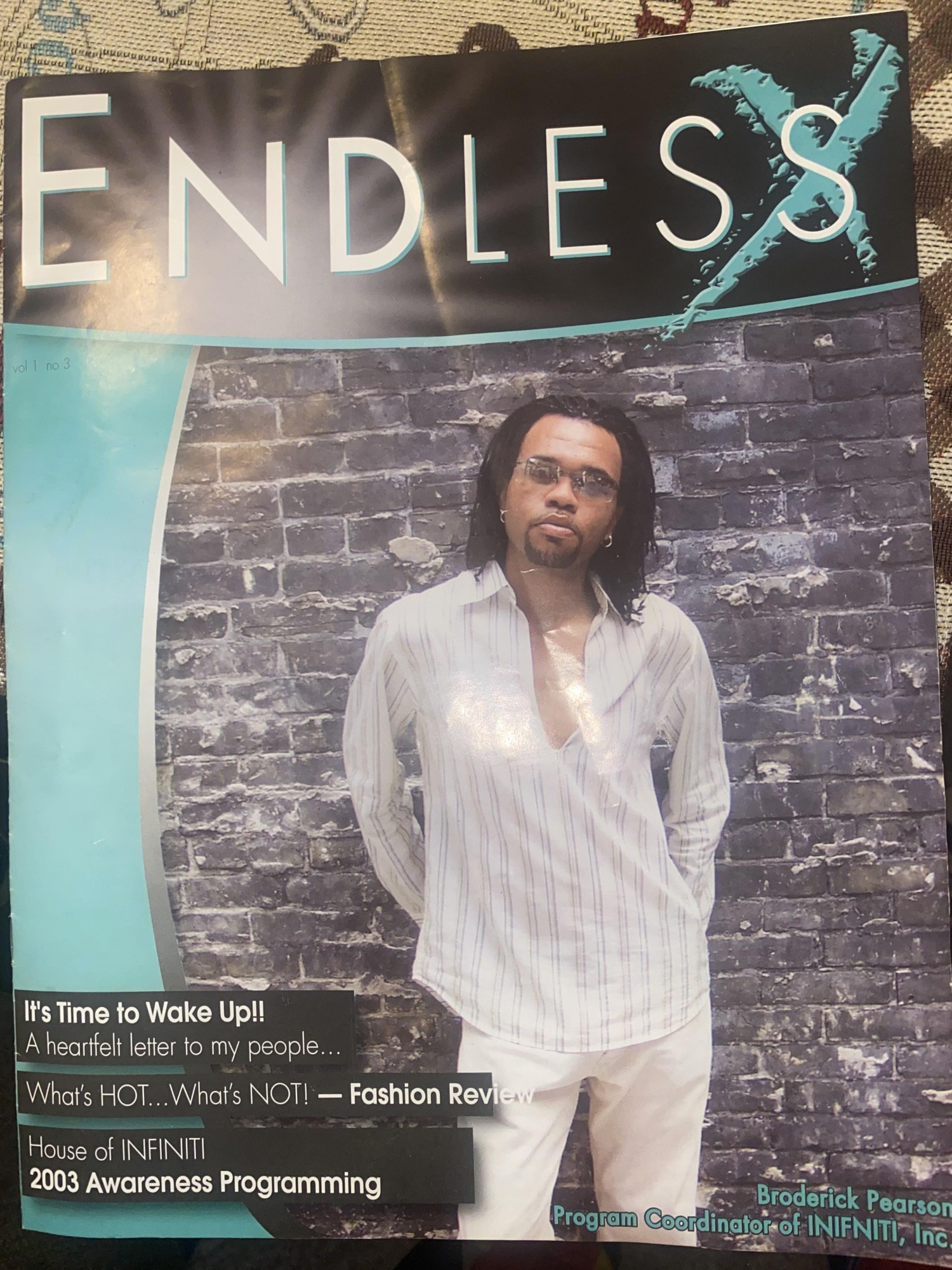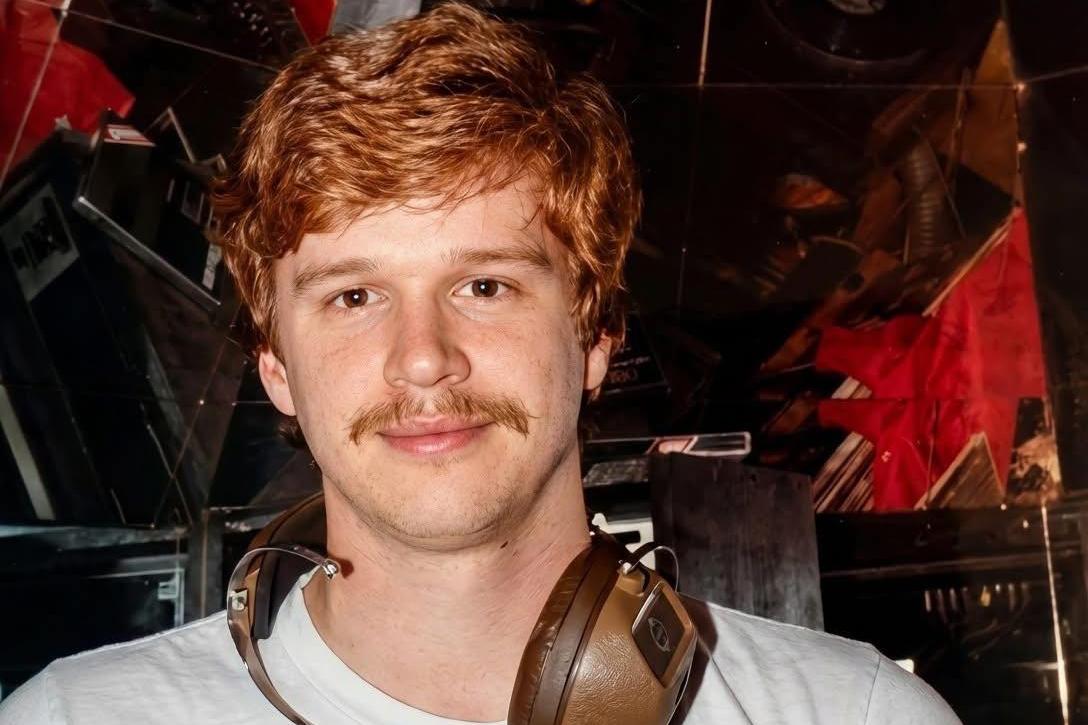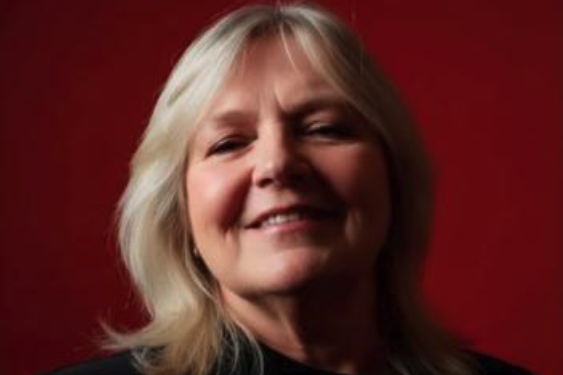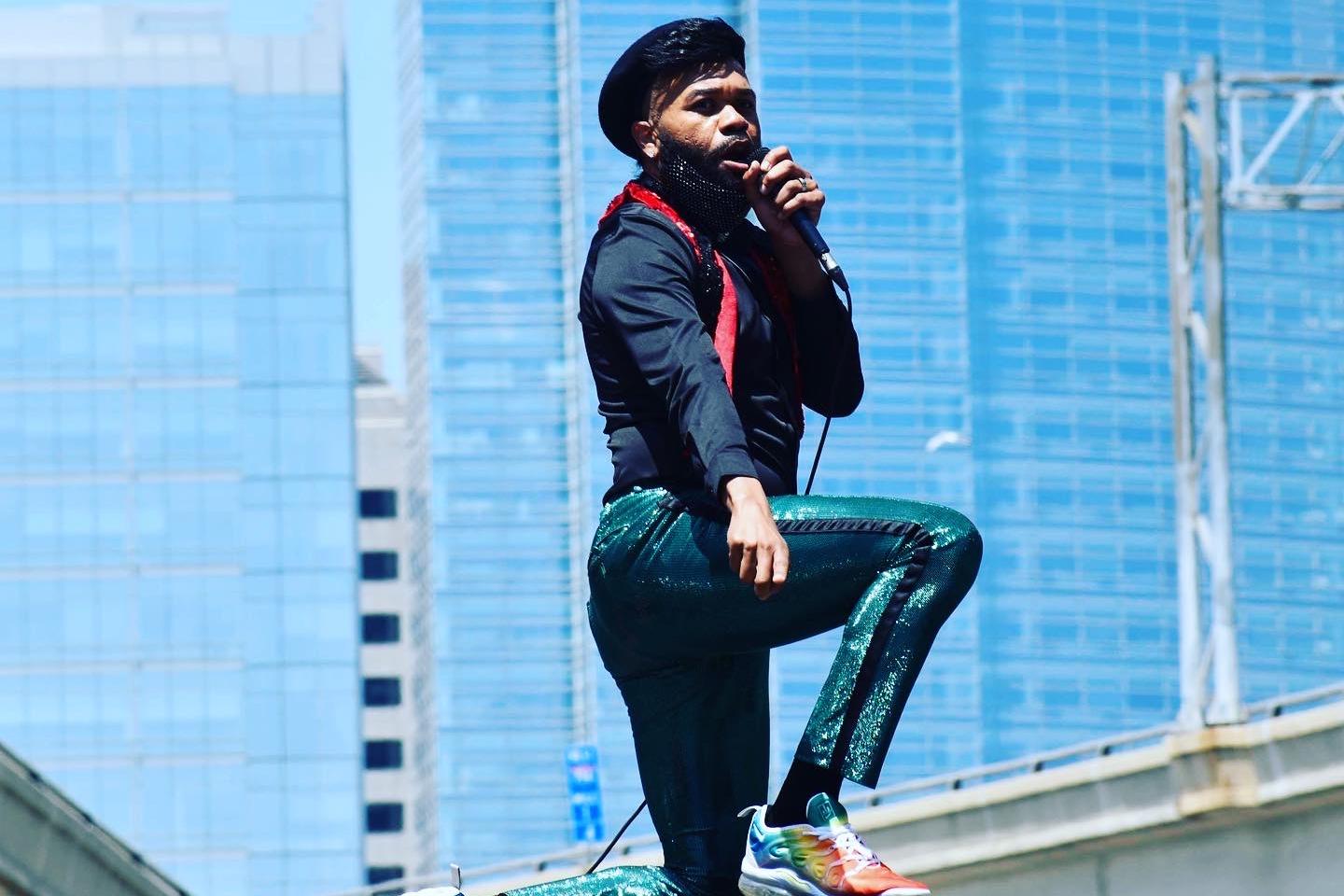
Montell Infiniti Ross: five years of power and pride

"I was just the catalyst holding the torch; the community was the team ready to battle."
In June 2020, amid the dual pandemics of COVID-19 and systemic racism, one voice echoed through Milwaukee with clarity, passion, and purpose.
That voice belonged to Broderick Pearson, also known as Montell Infiniti Ross, a Black, gay man who, frustrated by the glaring silence surrounding the Black Lives Matter movement from Milwaukee’s own PrideFest organizers, ignited a call for visibility, solidarity, and justice.
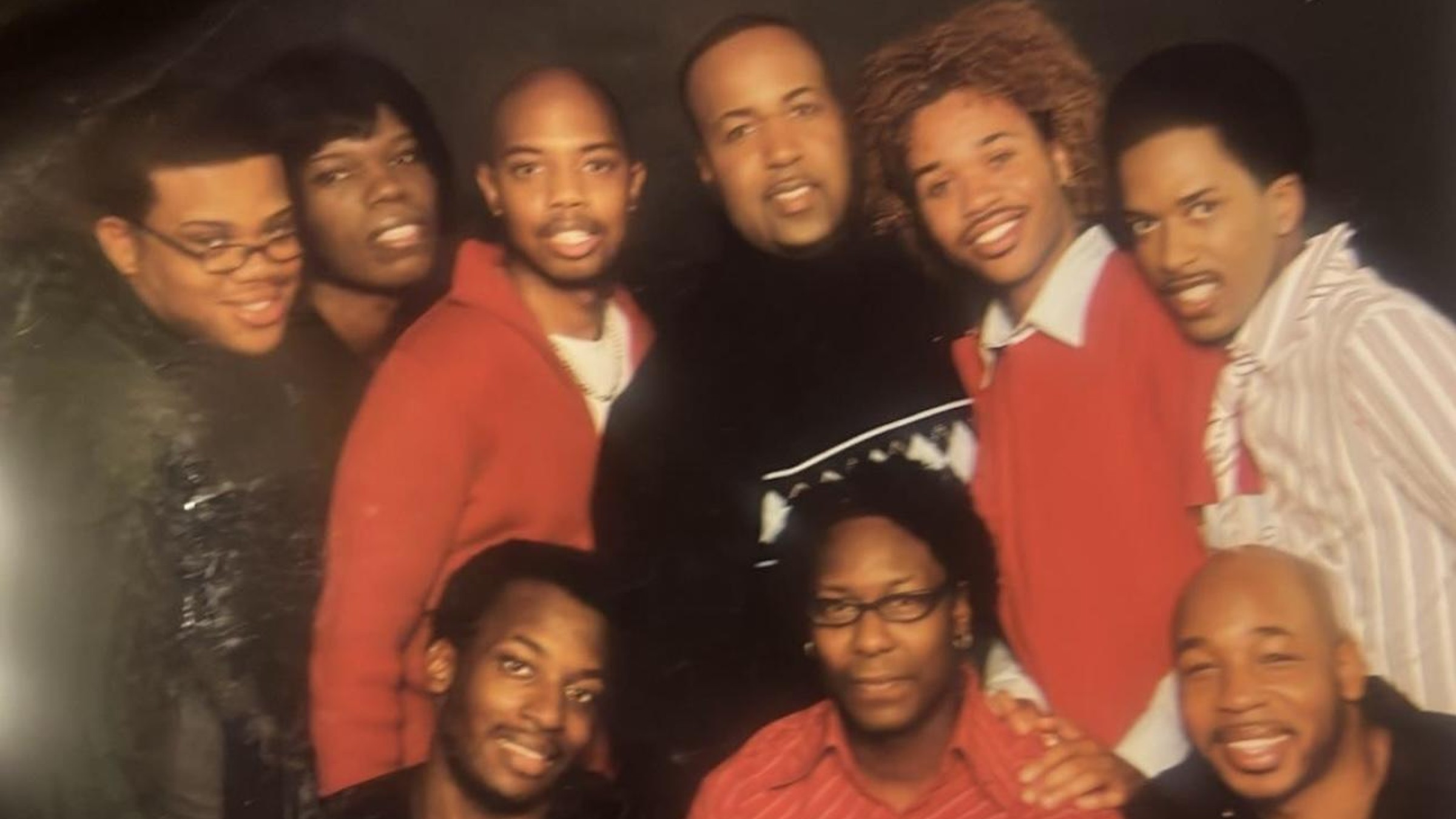 The House of Infiniti
The House of Infiniti
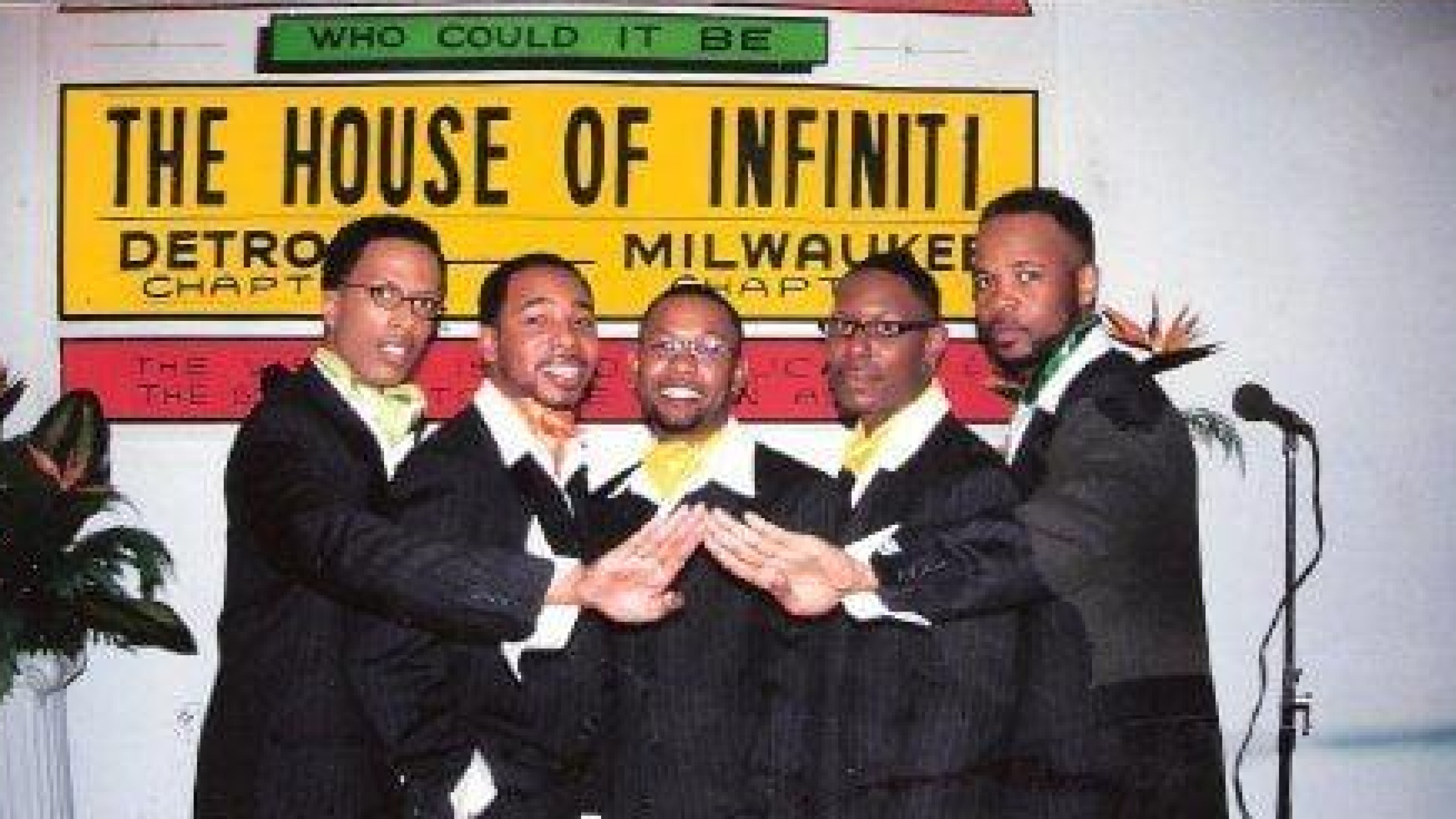 The House of Infiniti
The House of Infiniti
Today, the Extravaganza is a cornerstone of PrideFest Milwaukee, drawing thousands of attendees and generating widespread acclaim. Its presence on one of the festival’s main stages represents a bridge between protest and policy, between community outcry and institutional accountability.
But those effects can be felt elsewhere too—in the policies being discussed in boardrooms, and in the young Black LGBTQ+ individuals who now believe their voices matter, in every hard conversation that happens because someone was brave enough to speak up, and in every ally who now listens more carefully and acts more boldly.
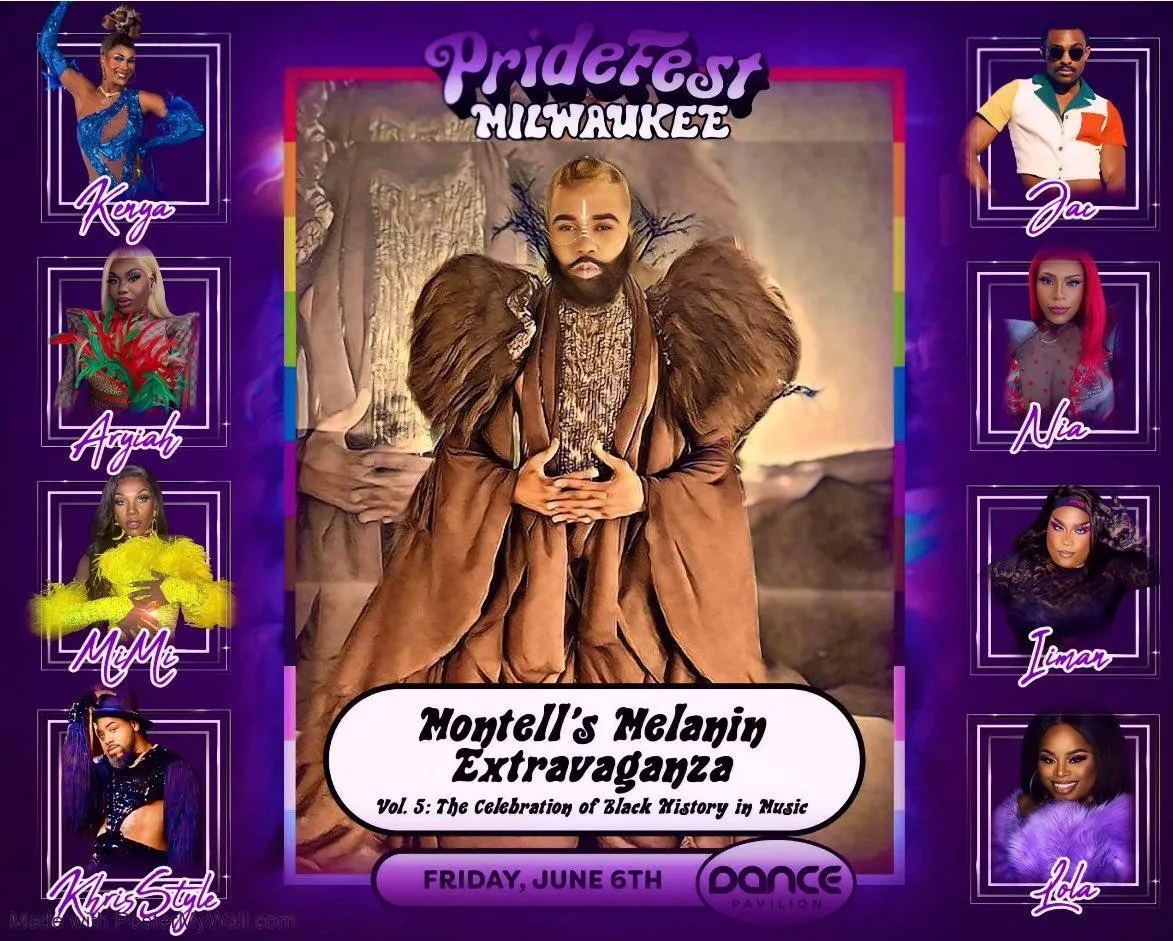 Montell's Melanin Extravaganza at PrideFest Milwaukee (June 6, 2025)
Montell's Melanin Extravaganza at PrideFest Milwaukee (June 6, 2025)
Looking forward
Five years from now, Ross envisions the 10-year anniversary of the march as something even bigger.
He dreams of a citywide celebration of Black queer culture, complete with media coverage, public recognition, legislative engagement, and full community participation. In his eyes, this milestone will not just be about honoring the past, it will be about expanding the impact, deepening the dialogue, and cementing Black queer visibility into the very framework of Milwaukee’s social and cultural identity.
But for Ross, legacy isn’t about the spotlight. It’s about empowerment.
Throughout his reflections, his passion for lifting others is unmistakable. You can feel that his sense of purpose extends far beyond personal achievement. It lies in opening doors for others to walk through.
For Ross, the true measure of success lies in how many people he can inspire to step into their own power. He is deeply committed to “passing the torch,” knowing that leadership is not about holding the spotlight forever, but about creating space for others to shine.
“If there’s a need, make a way,” he advises future organizers. “Don’t wait for perfect planning. Move with passion and integrity.”
It’s a call to action that centers courage over perfection, and purpose over performance.
This philosophy is especially critical for Black and Brown LGBTQ+ individuals, many of whom grow up in environments where their voices are silenced or devalued.
Montell’s message to them is clear: You are more than enough. Find your voice. Use your voice. Speak truth to power, not just for yourself, but for those around you.
The long-term benefits of this kind of advocacy are profound. Beyond the celebratory aspects of Pride or the visibility won through drag revues and marches, Montell’s work has helped lay the groundwork for structural inclusion where equity isn’t an add-on, but a core principle.
It’s a future where young, Black, queer people don’t have to fight to be seen, because they’re already centered. Where policy reflects diversity. Where institutions listen. And where cultural platforms reflect the full spectrum of queer identity.
This movement is not frozen in time; it is a living force.
In this way, Ross didn’t just organize a march, he changed the cultural blueprint of Pride in Milwaukee. He bridged the gap between grassroots activism and structural change, proving that when a community dares to speak up and organizers dare to listen, even the most exclusive stages can become platforms for justice, joy, and transformation.
Congratulations to Montell for being widely recognized for his community leadership!
In 2019, Montell was awarded a President's Community Engagement Award from the Medical College of Wisconsin, which recognizes exemplary community-academic partnerships, community-engaged research, and community outreach activities and programs of MCW faculty, staff, students and community partners.
In June 2025, Montell received special recognition from the Milwaukee County Board of Supervisors for his honorable work at the Medical College of Wisconsin.
Thank you for your commitment to equity, representation, justice, and action!
Note: this story will also appear in the July/August Pride in Color issue of Our Lives Magazine.
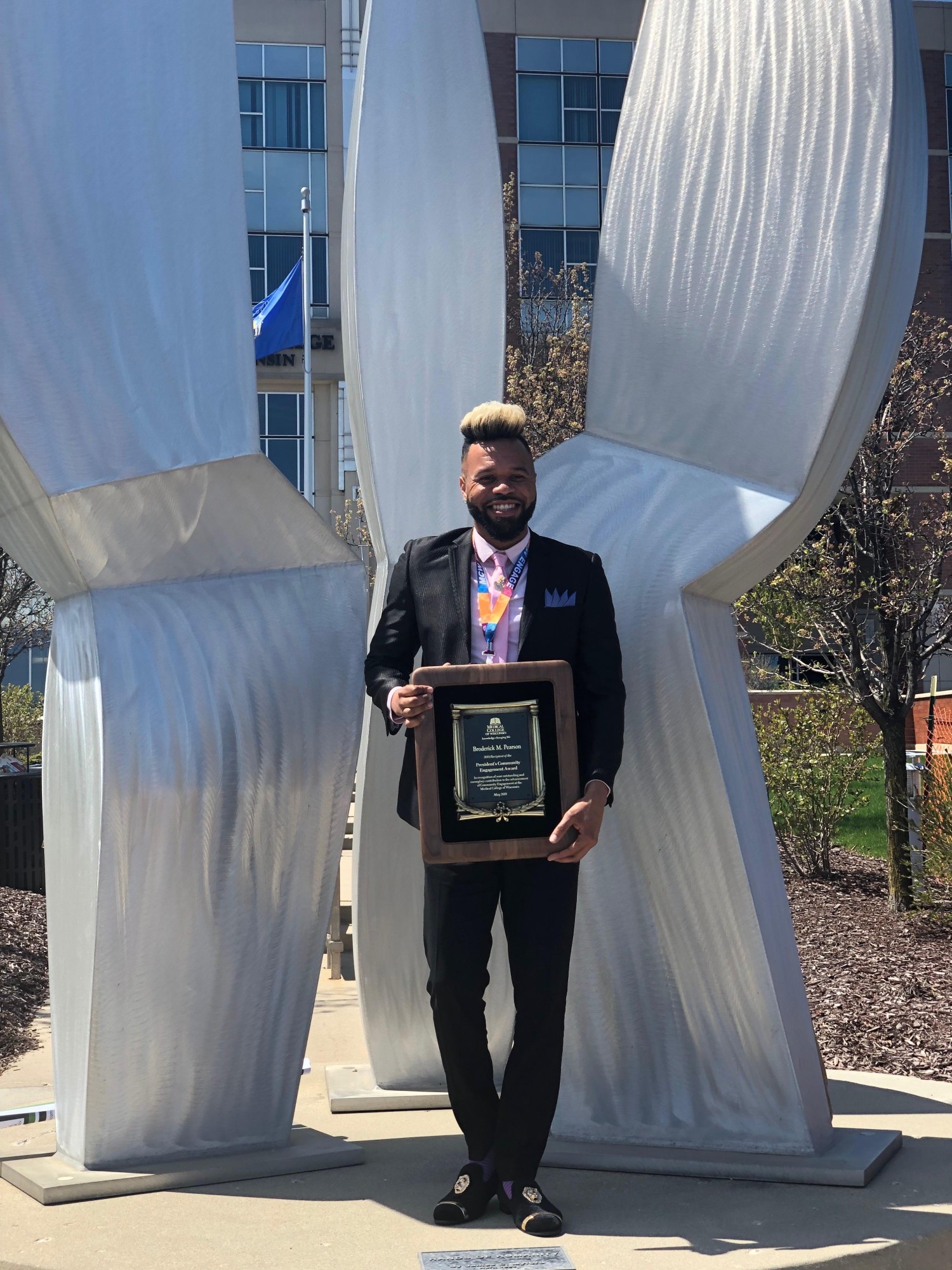 Montell received a President's Community Engagement Award from the Medical College of Wisconsin in 2019.
Montell received a President's Community Engagement Award from the Medical College of Wisconsin in 2019.
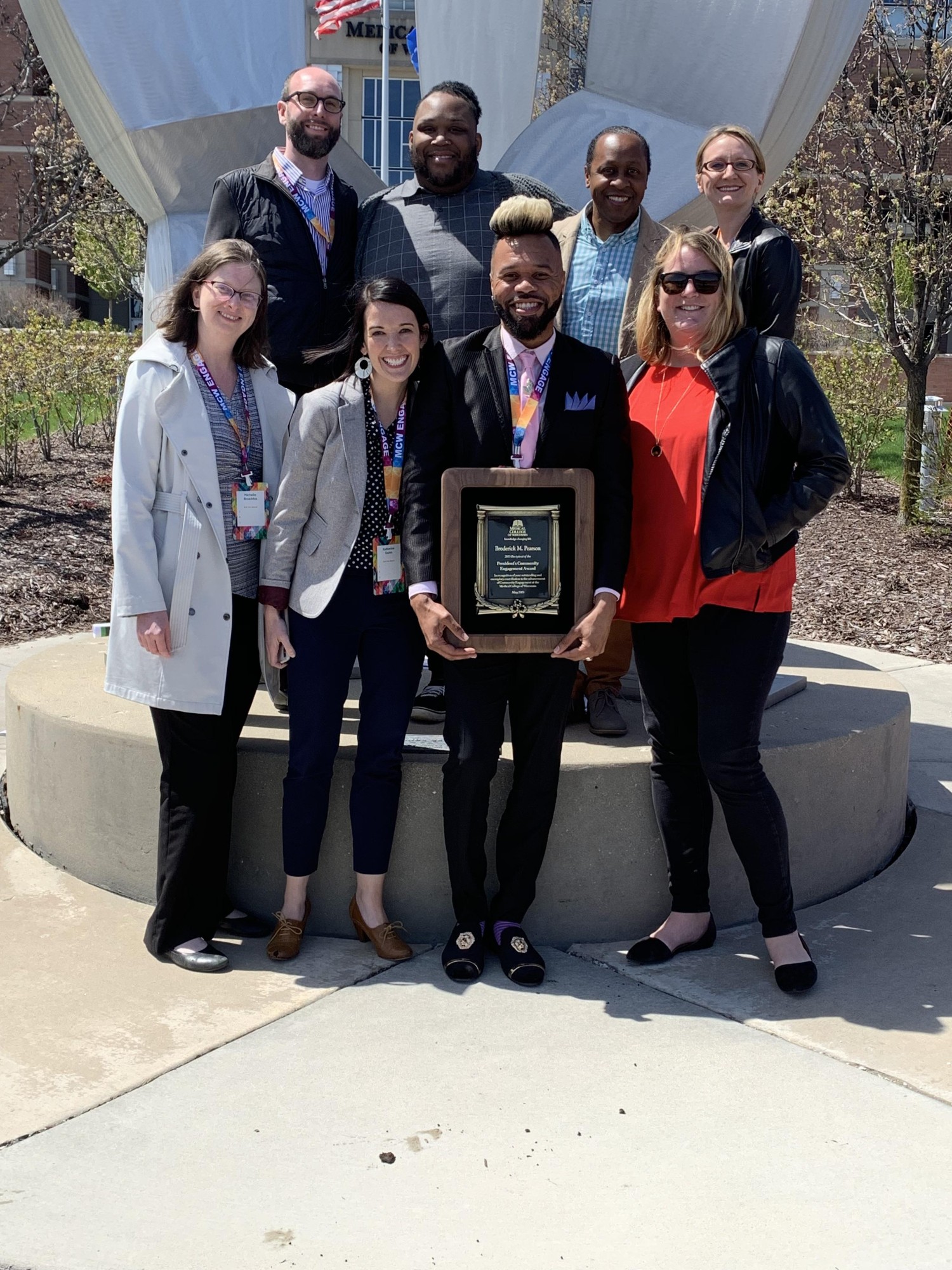 Montell received a President's Community Engagement Award from the Medical College of Wisconsin in 2019.
Montell received a President's Community Engagement Award from the Medical College of Wisconsin in 2019.
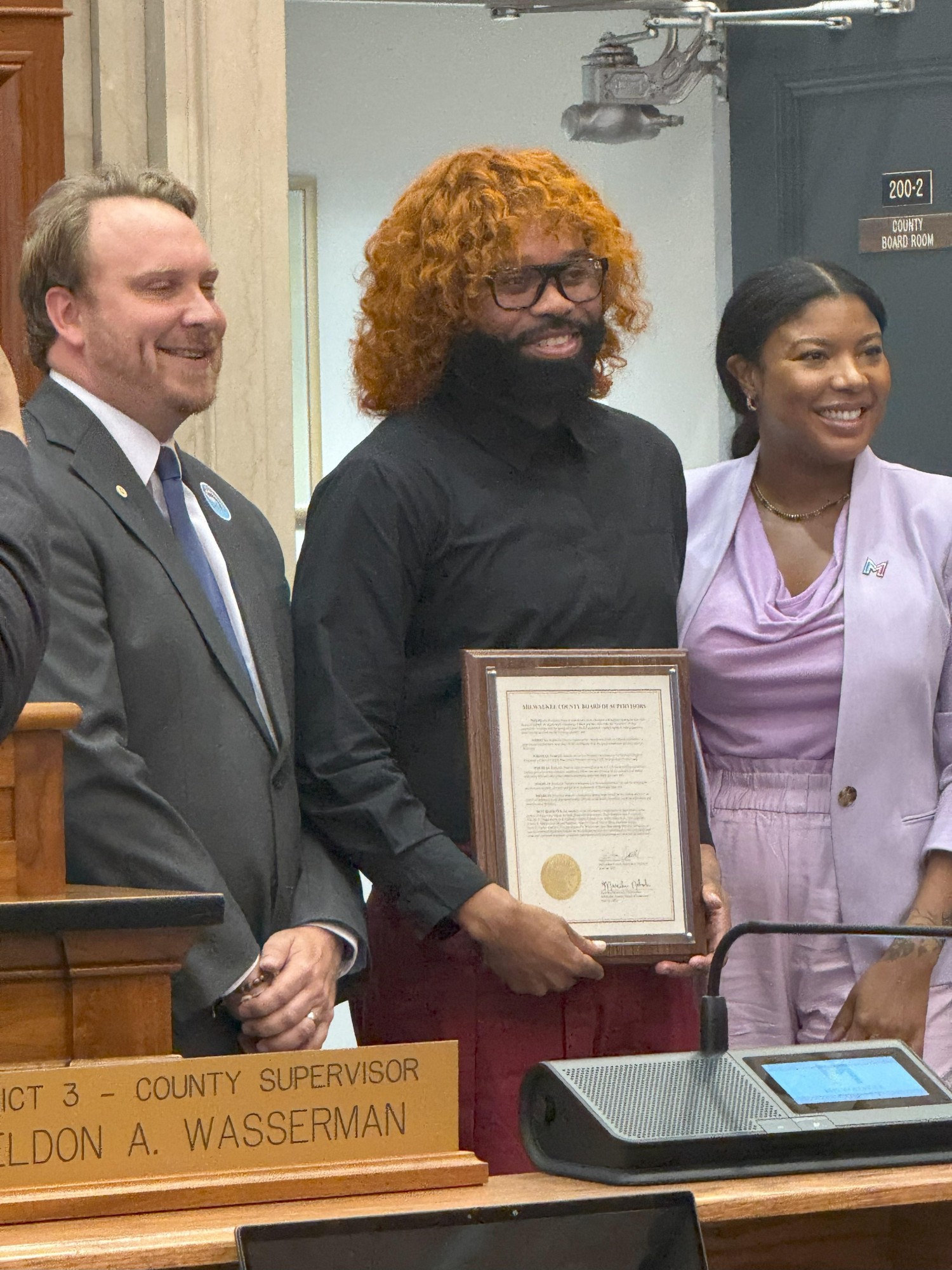 In June 2025, Montell was honored by the Milwaukee County Board of Supervisors for his leadership.
In June 2025, Montell was honored by the Milwaukee County Board of Supervisors for his leadership.
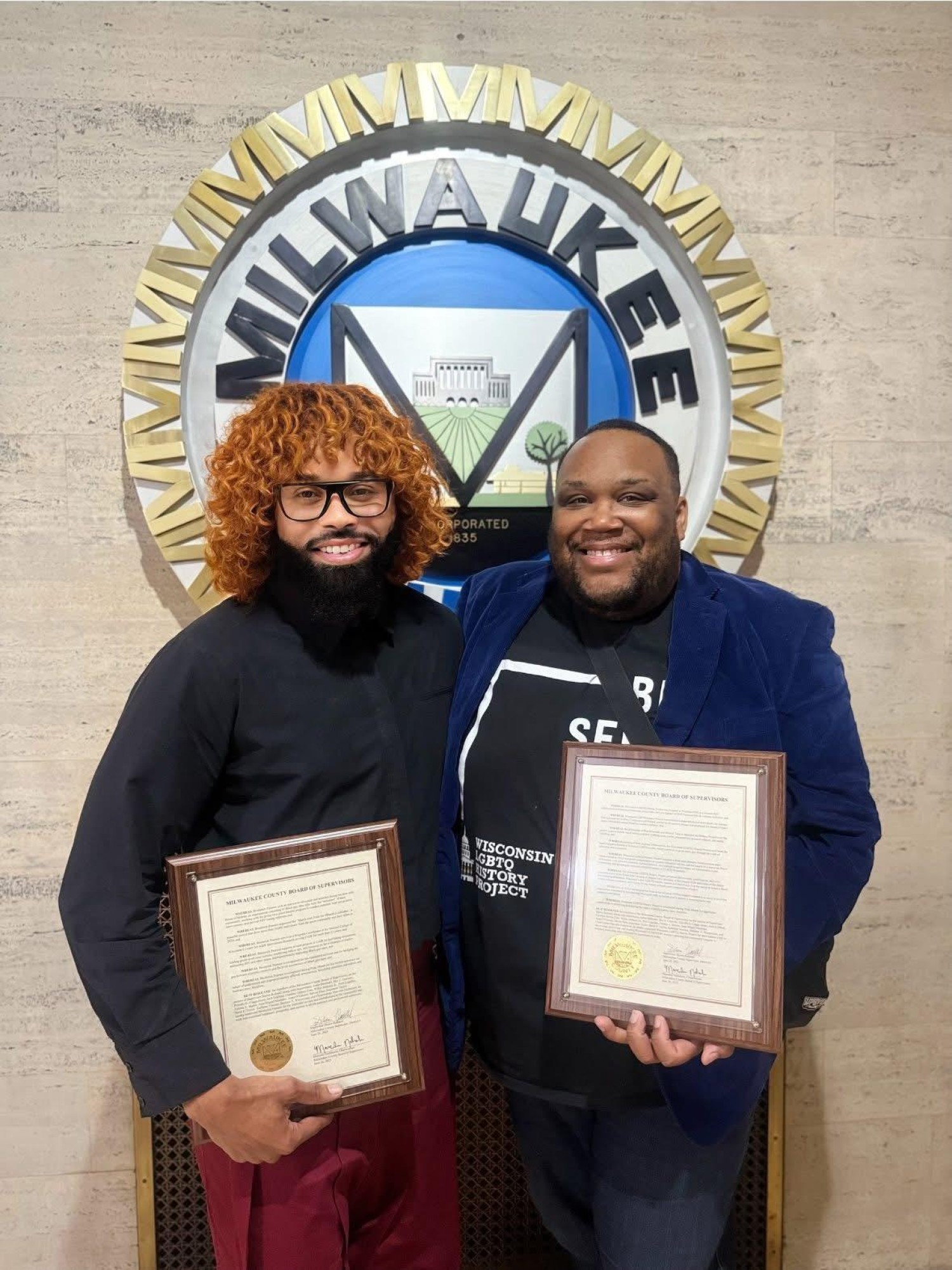 Montell and author Ricardo Wynn
Montell and author Ricardo Wynn
recent blog posts
February 14, 2026 | Michail Takach
January 17, 2026 | Garth Zimmermann
January 16, 2026 | Michail Takach
The concept for this web site was envisioned by Don Schwamb in 2003, and over the next 15 years, he was the sole researcher, programmer and primary contributor, bearing all costs for hosting the web site personally.
